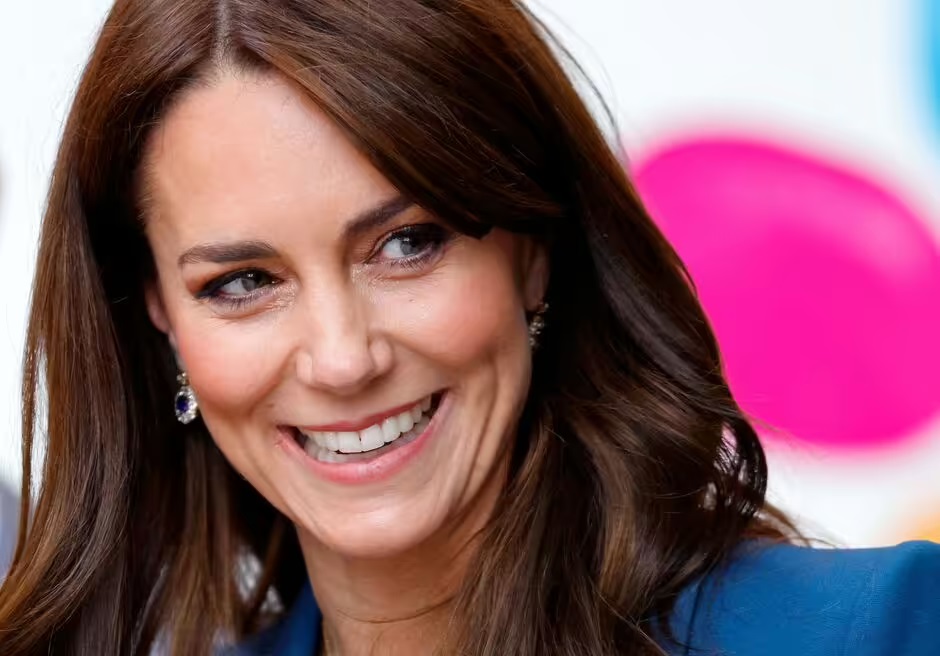From ‘Spencer’ to ‘The Crown’: Why do we remain captivated by Princess Diana?
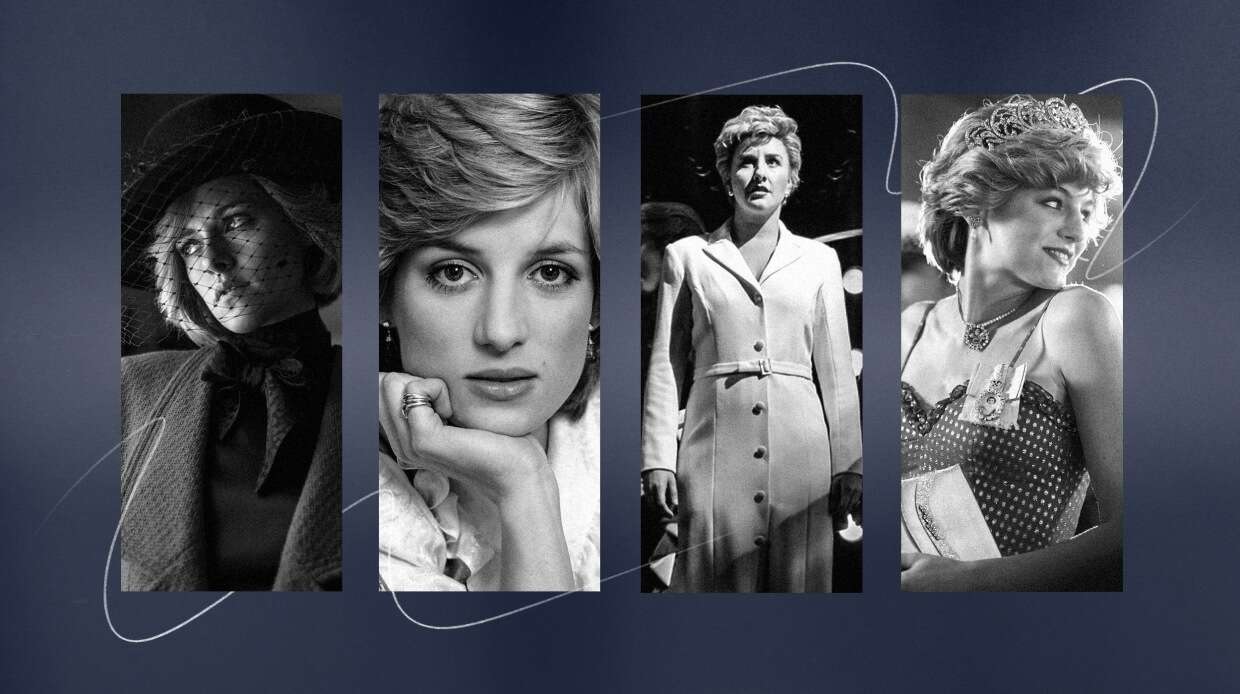
Deb Stratas always felt like Princess Diana was a kindred spirit. She saw parallels between their lives: youthful marriages, motherhood, the pain of divorce. Stratas read “dozens and dozens of books” about the Princess of Wales to better understand her private joys and anguish. And yet, “I always felt that her voice was missing,” Stratas recalled. “You read all these biographers — the security guard, the butler, the newspaper reporter — and they write about things that happened. But what was she thinking and feeling?”
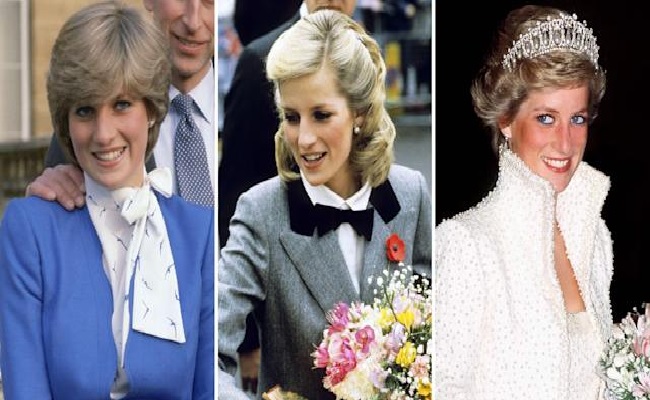
Stratas tried to answer that question for herself. She wrote three novels about Diana, a trilogy that traces her early years in the British royal family to her tragic death in 1997. She published a fourth book, a nonfiction chronicle, in February 2020. The impulse to go inside Diana’s mind is all over popular culture these days. “Spencer,” a new biopic starring Kristen Stewart and directed by Chilean auteur Pablo Larraín that debuts in theaters on Friday, could become an Oscar contender.
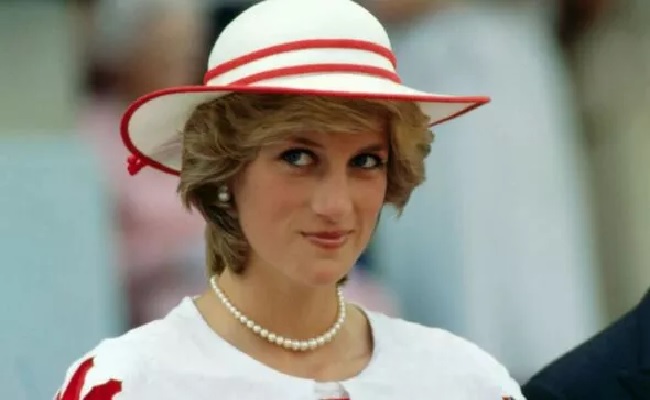
The film premieres a month after CNN started airing a six-part documentary series (and accompanying podcast) about the princess. Netflix is home to both “Diana,” a filmed performance of a Broadway musical about her life, and the drama series “The Crown.” The most recent season of that Emmy-winning saga explored Diana’s personal struggles with bracing intimacy, freely mixing fact and speculation — and earning breakout star Emma Corrin a Golden Globe. “Diana’s story seems to persist in the popular imagination, especially right now,” said Andrea McDonnell, a media scholar and co-author of “Celebrity: A History of Fame.”
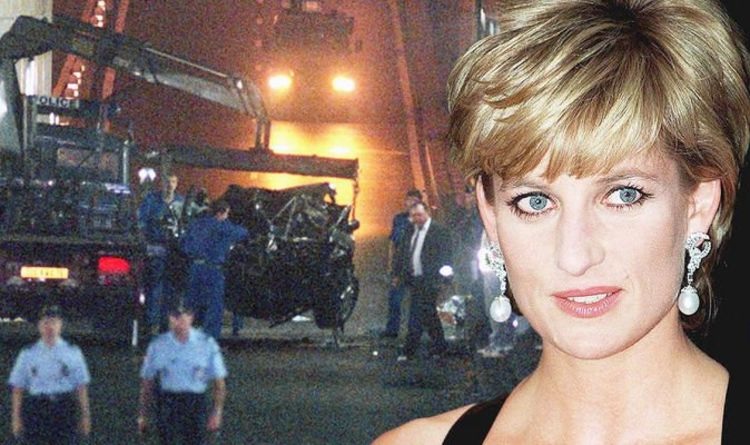
The conventional explanations for Diana’s enduring appeal 60 years after her birth are not difficult to uncover. She was one of the most photographed people in the world. She has long been an international avatar of charisma, magnetism, traditional beauty and high fashion. “I think Diana’s blend of glamor and vulnerability has always connected with people around the world,” said Carolyn Harris, a historian and author of “Raising Royalty: 1,000 Years of Royal Parenting.” But why is her story so resonant — and seemingly so ubiquitous — at this particular moment?
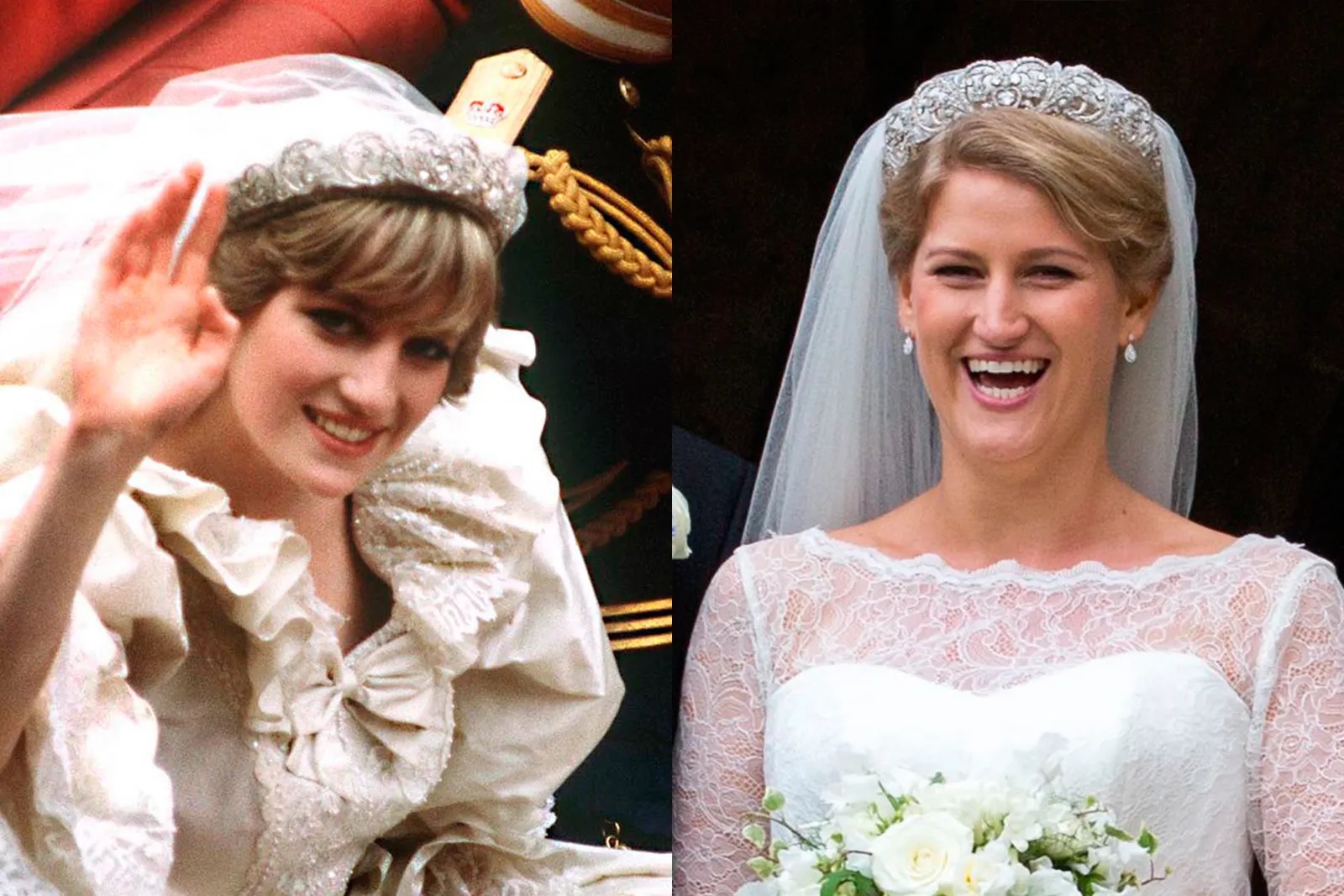
Diana reassessed
McDonnell and Harris see several themes coursing through the zeitgeist that directly connect to Diana’s personal experiences and public image — themes that both shape our perceptions of the new artworks about her and might help explain why they were produced in the first place. The first is the culture’s reappraisal of various women whose lives were breathlessly documented and painstakingly scrutinized by the national news media in the 1990s and early 2000s, from Anita Hill and Monica Lewinsky to Tonya Harding and Lorena Bobbitt.
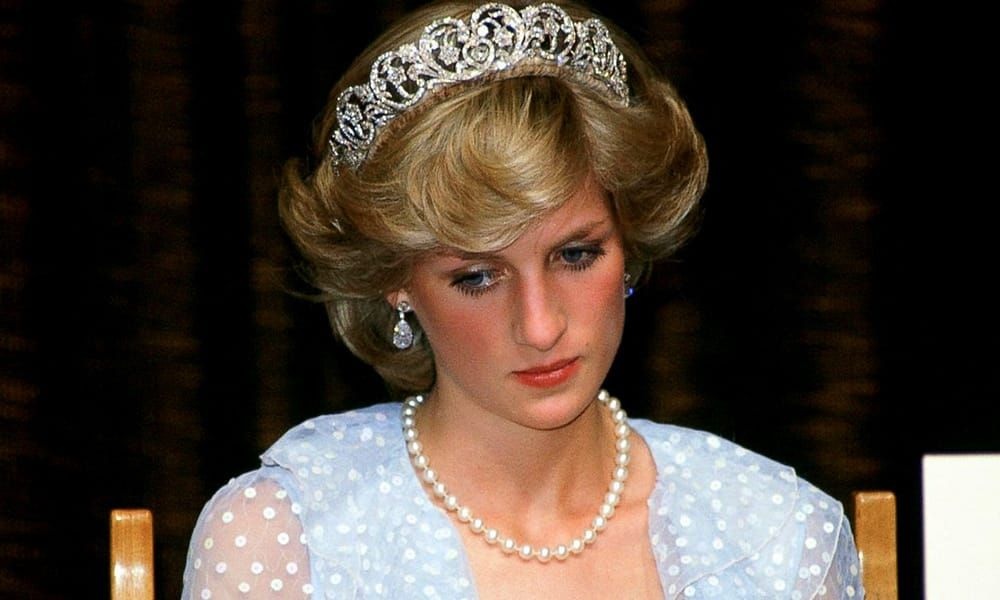
In recent years, movies, television shows and books have attempted to reframe these women, replacing late-night punchlines and tabloid headlines with earnestness and empathy. “I think there’s a wider scrutiny of how women in public life have been treated by the press in the last few decades, coupled with discussions of how popular culture depicts prominent women,” said Harris, who teaches history at the University of Toronto. Diana was not exactly mocked by the U.S. media, but she was the subject of relentless worldwide attention and hounded by photographers. It is not lost on McDonnell and Harris that Diana died in a car wreck in Paris while her driver was fleeing the paparazzi.
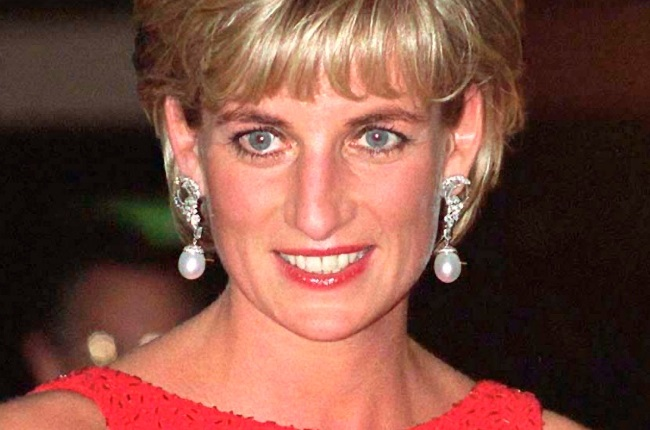
McDonnell draws a direct line between Diana and pop singer Britney Spears. The two women may not seem like counterparts, she said, but their experiences in the public eye highlight “the power of the tabloid press to functionally — and in the case of Diana, literally — ruin their lives.” “In an American context, I think Diana represents the potential dark side of celebrity and the tragic dimensions of fame,” McDonnell said. Diana’s attempts to assert her own identity intrigued “Spencer” director Larraín, who focused his film on her decision to leave the royal family, blending facts with imaginative speculation and his protagonist’s subjectivity.
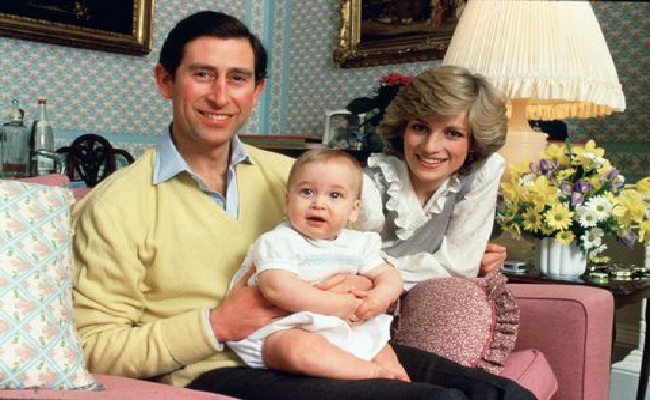
“We all grew up understanding what a fairytale is, but Diana Spencer changed the paradigm, and the idealized icons that pop culture creates, forever,” Larraín said in a statement. The film is “the story of a princess who decided not to become a queen, but chose to build her identity by herself,” he added. “It’s an upside-down fairytale.” McDonnell said she believes there was symbolic significance in casting Stewart in the title role. “Kristen Stewart is also someone who has been subject to the harsh glare of fame, criticized for how she behaves in the spotlight,” McDonnell said. “I think we can understand that casting as a parallel narrative.”
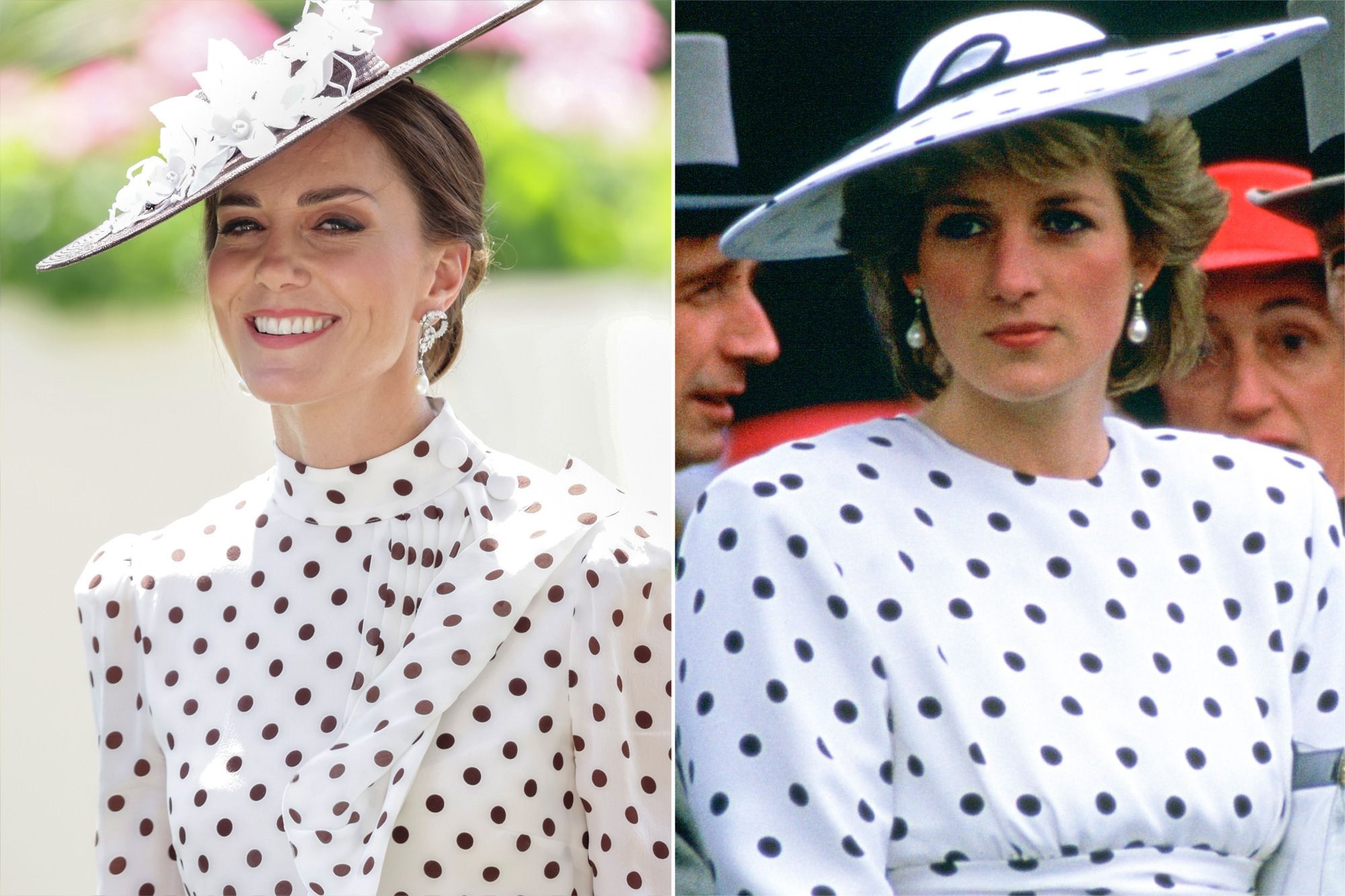
Stewart, who has garnered Oscar buzz for her portrayal, said in a recent interview with “Access” that she recognized the parallels, but she acknowledged a crucial difference between present-day herself and royalty-era Diana. “She could not be herself in public,” Stewart said. “I can.”
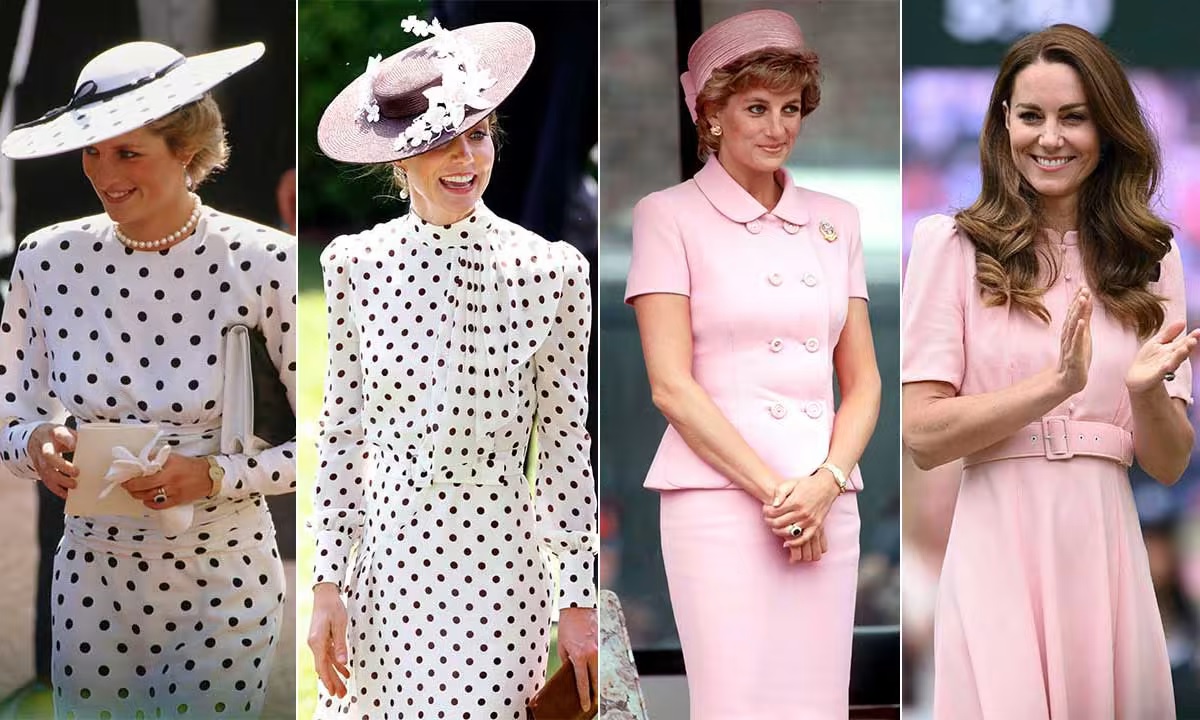
The new face of royalty
“The Crown” is a lavish ode to the pomp of Buckingham Palace that also casts a skeptical eye on the institution of the British royal family. Corrin’s version of Diana was the latest in a gallery of characters who feel trapped by tradition and stifled by stiff-upper-lip decorum. The acclaimed Netflix series has served as a virtual introduction to the royals for many in America, especially younger viewers who are encountering Diana’s story for the first time. But events in the real world have also given many people reason to doubt the sanctity of the British monarchy, the cultural analysts said.
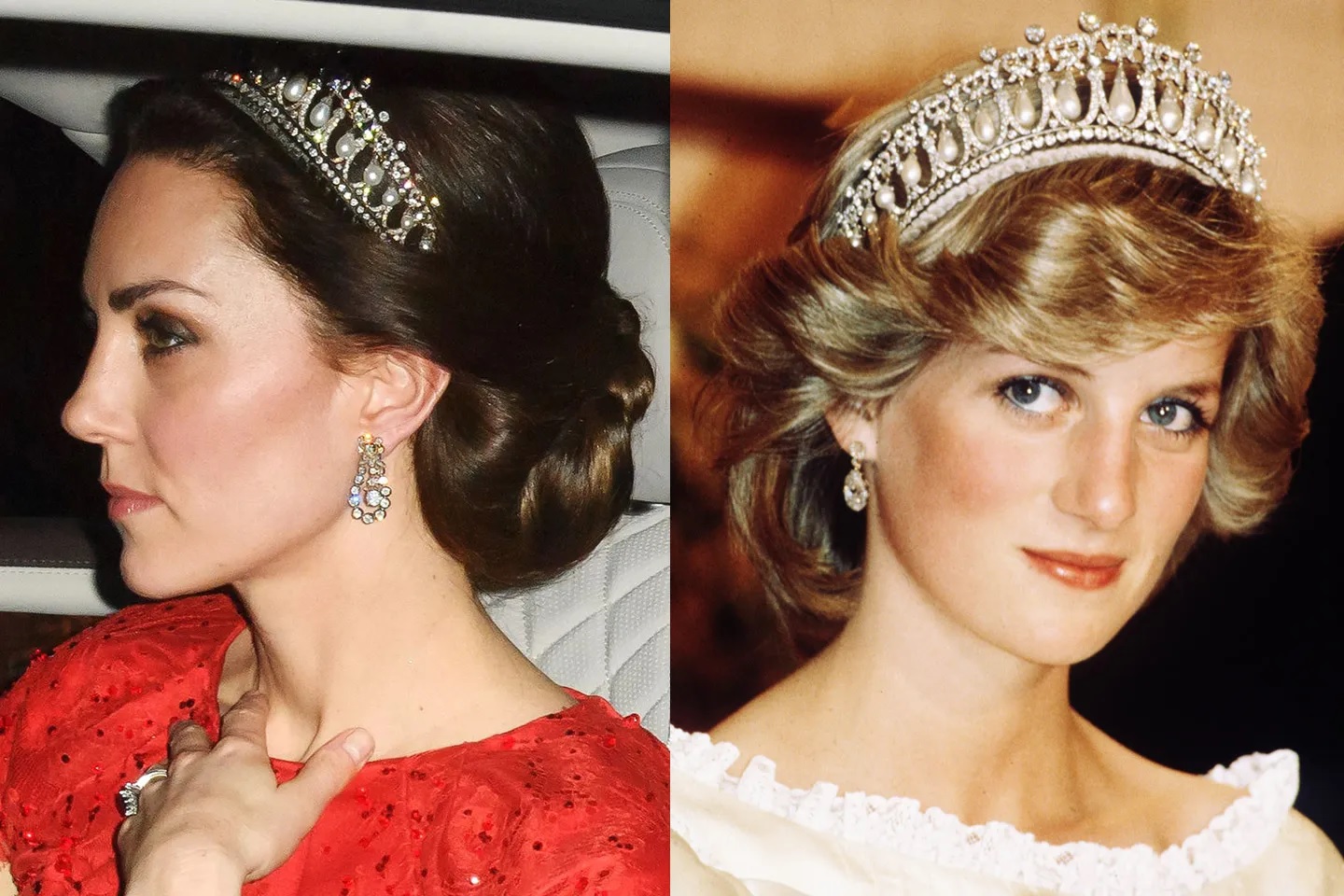
Harry and Meghan’s revelations about the racism and bullying they say they faced as royal newlyweds has complicated the public’s understanding of the British royal family. The same could be said about reported personal ties between Prince Andrew and Jeffrey Epstein, the financier and convicted sex offender. The evolving perception of the royals clearly spurred more interest in the difficulties Diana faced while married to Prince Charles, deepening sympathy for her marital strife, experiences with an eating disorder and other personal trials.
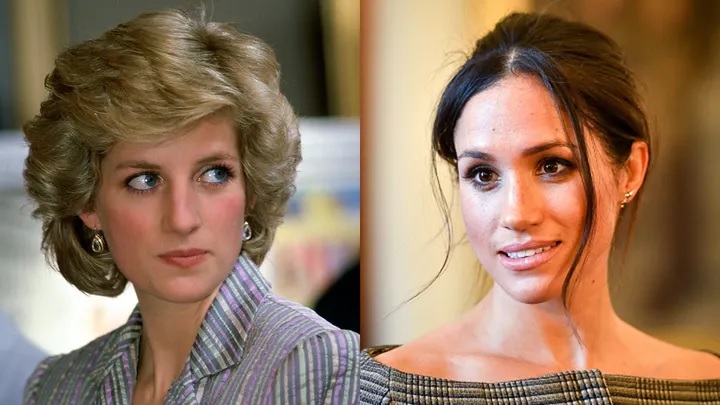
“Harry and Megan’s departure from the royal family has led to more scrutiny of what it’s like to be inside Buckingham Palace, and the challenges that ensue there,” Harris said. McDonnell echoed that observation, saying: “I think there is a more critical awareness that the British monarchy is something that could be challenged, or even should be challenged. Diana gives us a lens to think about our own relationship to Buckingham Palace.”
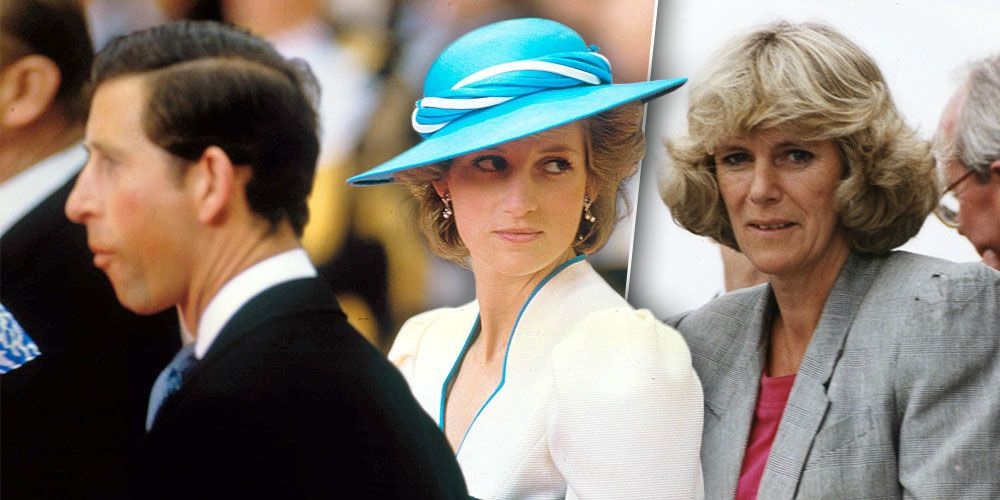
Diana’s arc
Diana is by no means the first — and certainly not the last — historical figure to inspire a seemingly limitless supply of popular art and entertainment. But one could argue that the circumstances of her life are especially suited to historical fiction, providing creators with a compelling “dramatic arc,” Harris said. “It’s clear there’s an arc for screenwriters and playwrights to work with,” she said, explaining that Diana’s trajectory — obscurity to fame, fairytale wedding to bitter divorce, private battles to public adoration and eventually untimely death — plays like an archetypal tragedy.
Stratas, the novelist, sees Diana in far more personal terms. The princess at the center of a media-manufactured soap opera in the ’90s always struck her as immensely “relatable,” distant from her own daily life in obvious ways but approachable in deeper ones. Stratas said Diana — who was open about her mental health — could serve as a north star for people in times of crisis. In the era of Covid-19, when everyday people are under immense strain, one can look to Diana as a model: flawed but honest and resilient. “I think people these days, especially young people, look at all the uncertainty and anxiety and depression in the world and say: I better try and live my best life,” Stratas said.

